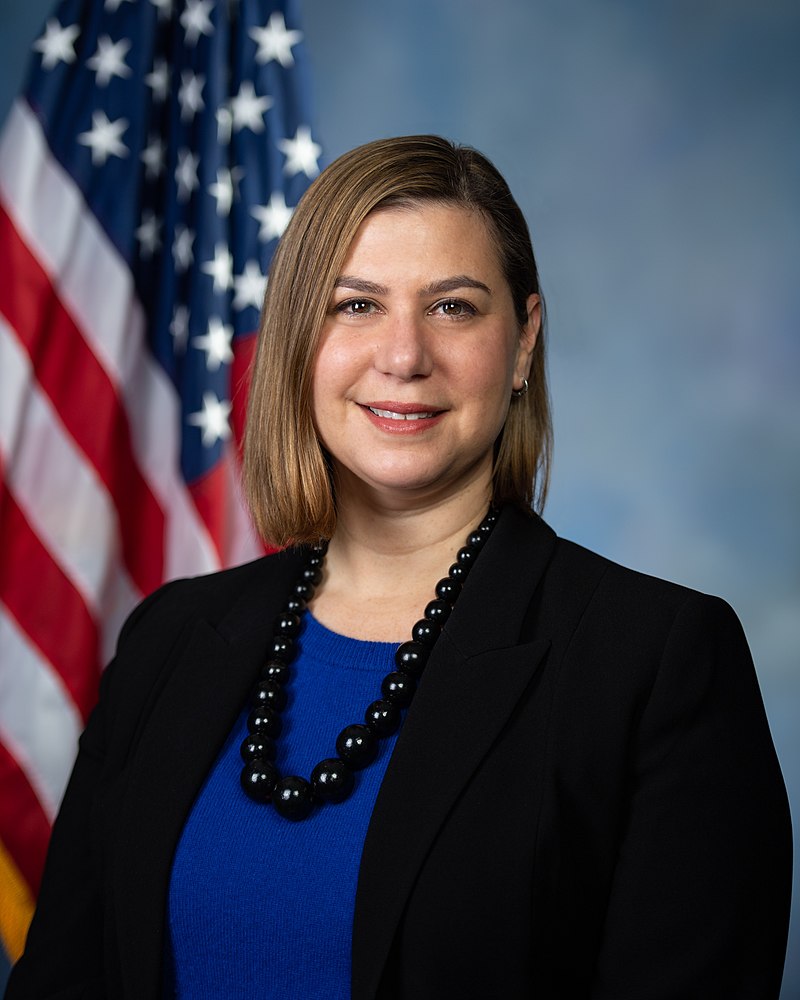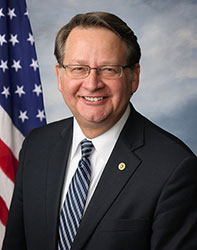Elissa has dedicated her career to serving the country she loves. A former CIA analyst who served three tours in Iraq alongside the U.S. military, Elissa then worked in national security roles at the Pentagon and White House under President Bush and President Obama. In the Obama Administration, she briefed the President on some of the most sensitive national security matters of the day and was eventually nominated to serve as Assistant Secretary of Defense for International Security Affairs at the Pentagon.
In 2018, Elissa was motivated to do more and ran for Congress, flipping a long time Republican-held seat and helping Democrats retake the majority in the U.S. House of Representatives. Elissa was re-elected to the House in 2020 and again in 2022 by delivering on the things that mattered the most to her constituents – expanding access to affordable healthcare, lowering the cost of prescription drugs, and bringing critical supply chains and manufacturing back to Michigan.
In November 2024, Elissa was elected to serve Michigan in the U.S. Senate, succeeding Debbie Stabenow. In the Senate, Elissa will fight to expand Michigan’s middle class, create jobs with dignity, and keep our communities and children safe.
Congressional Record


